“Having been diagnosed at age 24, there are things I wished I knew when I was diagnosed and even before that.” Usnah Living
This article is structured so that the first part covers awareness of being a newly diagnosed cancer patient, and the second part covers how family and friends can support a cancer patient.
But first…..
The one piece of information that everyone in their early 20’s needs, regardless of whether they are cancer patients or not, is this: No matter how healthy you are, get medical insurance cover. Cancer is expensive; most illnesses are.
There is some form of “invisibility” in your early 20s that doesn’t make you think about tragedies ever hitting you. I have never taken alcohol, I do not smoke, and I was working out for an hour 5 to 6 days a week at the time of my diagnosis. I was very keen on the type of food I ate and I was healthy according to the parameters I was using at the time. I never considered getting a medical cover a priority because I had no reason to.
And at 24 years old, I was diagnosed with blood cancer; the CT scan cost 10,000 ksh, and a biopsy was recommended, which cost around 45,000 to 50,000. In one week, my family had to cough up close to 100,000 on various scans that would have been paid for by a medical insurance cover.
On Monday, during one of my follow-up scans, I had a chat with another survivor whose chemo cost 150,000 shillings per cycle, and she did 18 of them. She had to come up with that amount for her treatment every three weeks, but thanks to her insurance cover,15 of those were paid for. As much as medical covers differ, do your due diligence and get yourself a medical cover. The money used to buy a pair of heels or sneakers will give you peace of mind. And to any patient, it’s the one gift you will need the most.
Get a medical cover today.
I have cancer. Now what?
Now you are gullible. Not so nice to say, but I have been there as many other newly diagnosed cancer patients. And this naivety, although expected, will cost you your mental stability, money, and time. It is the most confusing stage for a cancer patient but an opportunity for people to make money off your situation. I remember buying a small bottle of manuka honey, around 250 ml for 8000 ksh. We purchased different juice extracts within that first week for about 12,000, and these things, as good as they might be in a different situation, give you an illusion of controlling cancer when you should be getting actual treatment. And this confusion comes from getting information from unreliable sources that have conducted anecdotal research. To avoid this, during the first few weeks, stick to getting your information from an oncologist and a cancer survivor who has dealt with the same type of cancer you have been diagnosed with. I understand that during this period, you are grappling with any piece of information that offers some hope, but this makes you prey on people who benefit financially from your diagnosis.
How did you know you have cancer?
The very first question I asked my oncologist was how does one know they have cancer. If you keep treating something that doesn’t go away, there is a chance that you might be dealing with cancer. And for every solid organ in the body, there is a type of cancer, which means different people will show different symptoms based on the affected organs. In my case, I only had occasional chest pain, and for two years, we treated pneumonia while thinking I had an allergy to cold weather. Something else the doctor said that is quite profound is that tumors alone are not painful. That pain is felt when the tumor has grown big and is now pressing on the neighboring organs. So make it a habit to go for a proper medical check-up whenever you have unexplainable pain instead of relying on pain killers at your local drugstore.
Getting through cancer as a young adult
You need a community. You need fellow survivors who will show you that there are people who are living a fulfilled life regardless of their diagnosis. There’s a saying that in case of a fire, the only person who knows how many buckets of water are needed is the one who has had to put out such a fire before.
This is your community.
Thanks to the internet, there are various Facebook groups for every type of cancer. That when my oncologist gave me an abbreviation of the type of chemo I was going to get, I already knew it in full because the survivors in my Facebook group had already mentioned it together with its side effects.
Family and friends will only do so much because they do not know how to handle you or themselves around you. Some will go quiet for fear of saying the wrong thing. Others will give you a sad look, but when you are at war, what you need are soldiers.
Find a community of cancer survivors for that particular type of cancer you have been diagnosed with, for it will be quite a journey, and you need experienced soldiers right there with you. Their stories of triumph after tragedy will fuel your soul by providing the light at the end of the tunnel.
Speaking of friends, I learned that just because you are in the scariest place of your life does not mean your friends are doing so great either. Be compassionate when people who you thought would walk with you seem to have disappeared for you do not have a full scope of what they might be dealing with in their personal lives.
Supporting a newly diagnosed cancer patient.
Learn about your patient and understand how they process pain and grief. People are different, and the most appropriate way to offer help is to ask the patient how they would prefer to be supported.
Some people process emotions in solitude, others with friends; do make a point to understand the person. Coming up with unsolicited advice is not helpful to the patient, although they might not tell you this.
Having spent time with fellow cancer survivors, the most appreciated help was when the community came together to take care of their daily chores. From cooking healthy meals, cleaning the house, taking the patient’s children for a fun day even when the parent is not fit enough to do so, or even accompanying the patient to a chemo treatment as they can last for hours. This kind of help brought that warmth into their hearts than sharing articles about how kales and lemons will get rid of cancer.
Action-oriented help is what most patients need, but have a conversation with them about how they would feel supported.
If you are newly diagnosed, please reach out to cancer survivors. We are a loving community that will share information from recommending an excellent oncologist to fun pages such as @thecancerpatient on Instagram for some good old humor during this dark period.
Remember, as they say; “Once you’ve had cancer, everything else will seem like an easy fight.”
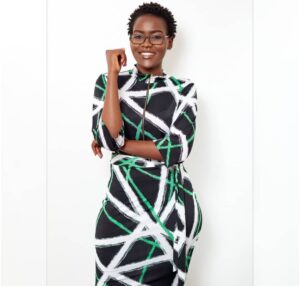


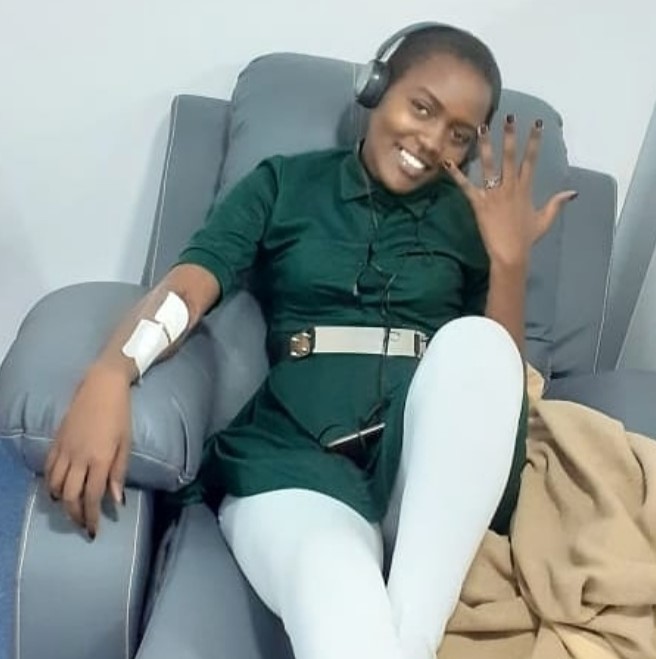
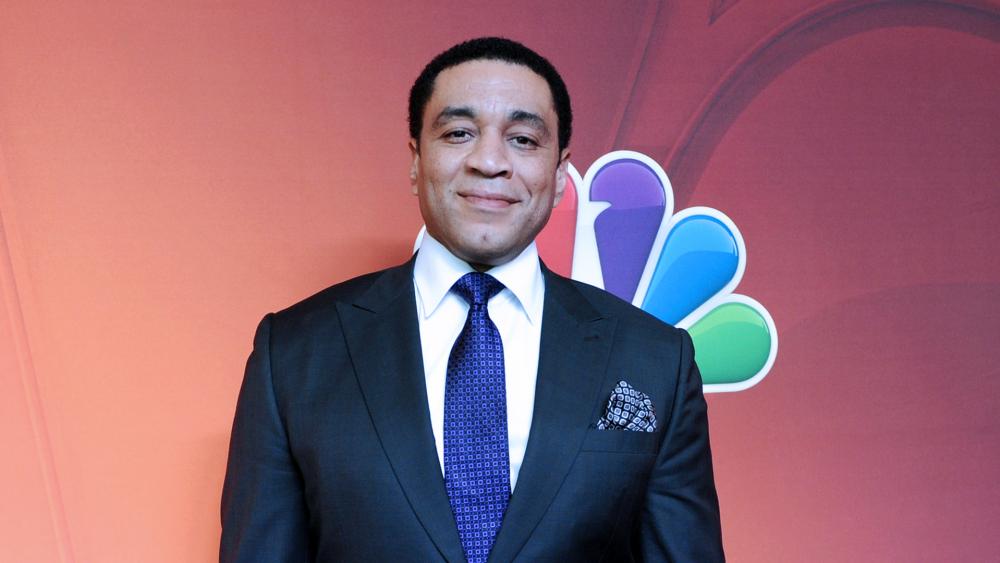

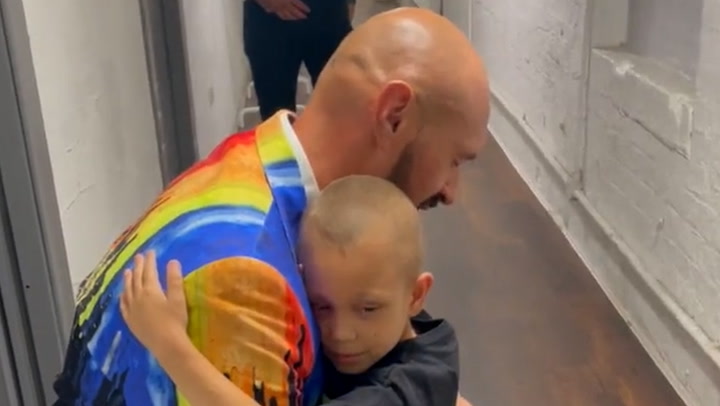
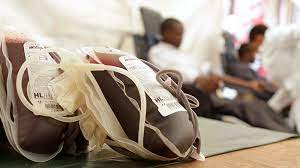
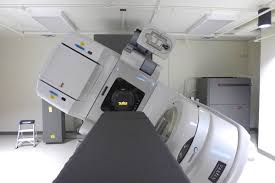
Thanks for sharing, very insightful